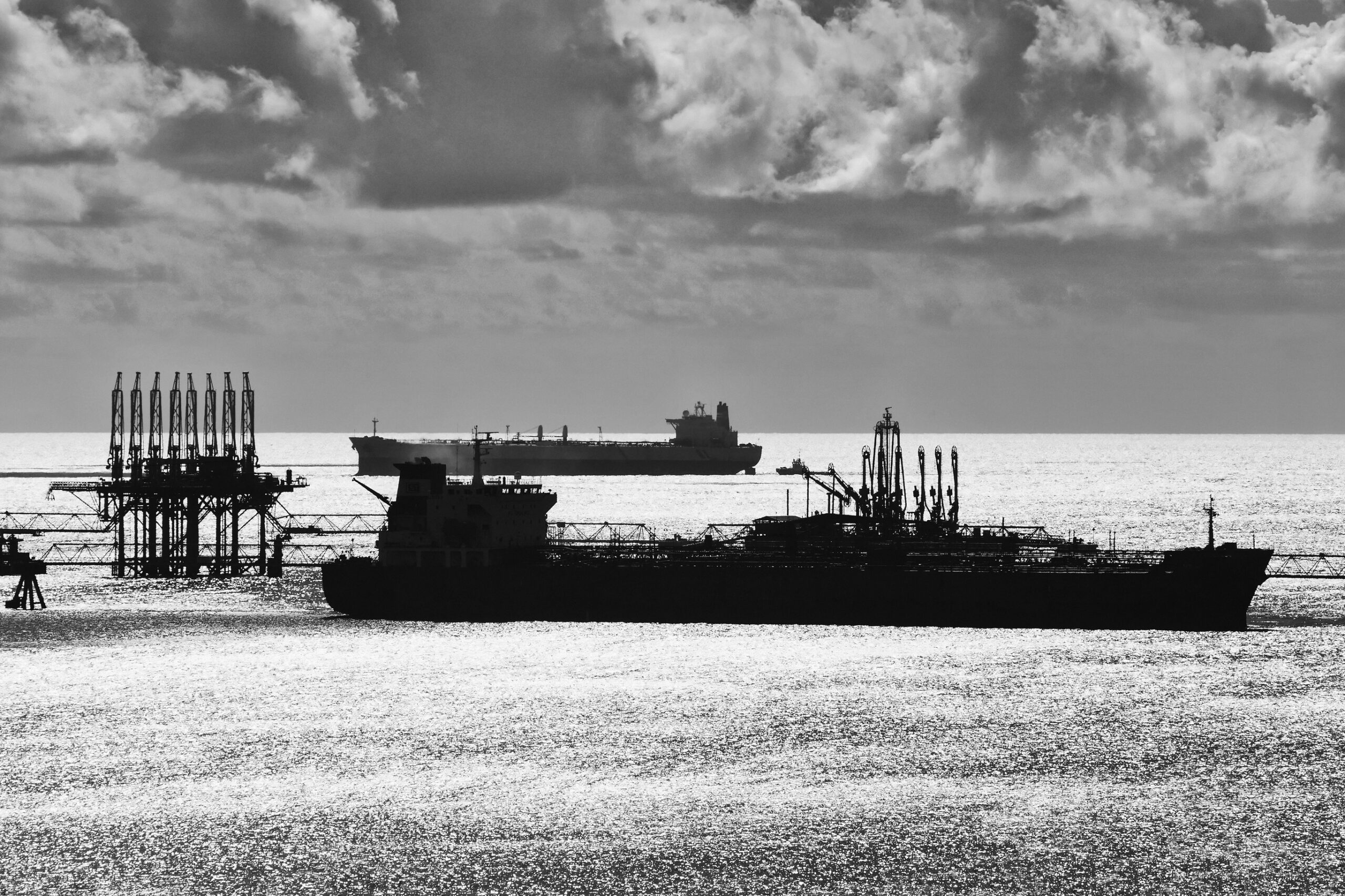The ship detention rates remain significantly higher than the pre-COVID-19 period, a trend that has persisted for the last three years, the Paris MoU port state control body warns. In 2022, the Paris Memorandum of Understanding (MoU) on Port State Control recorded a rate of 4.25%, with a slight improvement to 3.81% in 2023. However, in 2024 it observed a “regrettable increase to 4.03%.”
A particularly alarming trend is the growing number of “false flag” ships worldwide, which are reported to be flying the flags of International Maritime Organization (IMO) member States and other States without the knowledge or authorisation of those States, and without possessing genuine certificates of registration.
Furthermore, the increasing number of ships operating within the so-called “shadow” or “dark fleet” also poses maritime safety and pollution risks to both the Paris MoU region and the global maritime community.
“By sailing through the coastal waters of Paris MoU member States without port calls, these ships effectively circumvent the Paris MoU’s risk-based port State control system. Because compliance with international maritime regulations cannot be monitored on these ships, risks to maritime safety and pollution prevention arise, impacting both the Paris MoU region and the global maritime community. Given the inherent limitations of Port State Control in effectively addressing the risks posed by ‘false flags’ and ‘shadow fleets’ which do not call to any ports in the Paris MoU region, innovative strategies and intensified international cooperation are now indispensable,” according to Paris MoU chairman Brian Hogan and secretary-general Luc Smulders.
The Paris MoU, which carries out approximately 18,000 inspections annually, has published its 2024 annual report titled “Port State Control; Progress and performance, highlights of the Paris MoU 2024,” including performance lists, providing an overview of the activities and statistics of the Paris MoU in 2024.
To remind, the Port State Control is a check on visiting foreign ships to verify their compliance with international rules on safety, pollution prevention and seafarers living and working conditions.
According to the Paris MoU, throughout 2024, the number of refusals-of-access (bans) issued remained consistently low, totalling 15. This figure appears stable when compared to recent years and continues to be significantly lower than the levels observed in the pre-COVID period, indicating a sustained positive trend in compliance.
In addition, the detention rate for 2024 has seen an increase, reaching 4.03% compared to 3.81% in 2023. This rise marks a continuation of a consistently high detention percentage observed over several years, including 4.25% in 2022.
Meanwhile, the 2024 report reveals no single convention or part thereof showing a disproportionate increase in (detainable) deficiencies compared to previous years. Instead, the analysis highlights a consistent pattern of non-compliance in familiar areas, demonstrating persistent challenges for the industry.
Notably, fire safety (SOLAS Chapter II-2) remains a prominent concern, accounting for 17.2% of recorded deficiencies.
This is closely followed by structural and electrical elements of the ship and electrical installations (SOLAS Chapter II-1) at 11.3%, and issues related to health protection, medical care, welfare and social security protection (MLC Title IV), recorded at 10.4%.
At a more granular deficiency level, problems with fire doors (3.2%) and Seafarers’ Employment Agreements (1.5%) continue to show high rates of non-compliance.
Furthermore, deficiencies related to the International Safety Management (ISM) Code were recorded in 4.6% of cases, indicating a continued need for vigilance in safety management systems.
In terms of flag performance, there are no major shifts compared to the previous year. Although the detention rate is relatively high, the distribution of flag States across categories (White, Grey and Black) has not changed substantially.
The “White, Grey and Black (WGB) List” presents the full spectrum, from quality flags to flags with a poor performance that are considered high or very high risk. It is based on the total number of inspections and detentions during a 3-year rolling period for flags with at least 30 inspections in that period.
Regarding the performance of Recognized Organizations (ROs), no concerning trends indicating a significant deviation from previous years performance has been identified. A positive observation is that the number of ROs in the lowest performance category remains small.
For several years, the Committee has maintained close oversight of the performance of Recognized Organizations (ROs), acting on behalf of flag States. The methodology for assessing RO performance utilises the same formula as that for flag States.
To be included in this performance list, an RO must have a minimum of 60 inspections over a three-year period. In 2024, a total of 29 ROs were included in the performance list, a slight decrease compared to the 32 ROs included in 2023.
Regional Port State Control was initiated in 1982 when fourteen European countries agreed to coordinate their port State inspection effort under a voluntary agreement known as the Paris Memorandum of Understanding on Port State Control (Paris MOU).
Currently 27 countries are member of the Paris MOU. The European Commission, although not a signatory to the Paris MOU, is also a member of the Committee.



